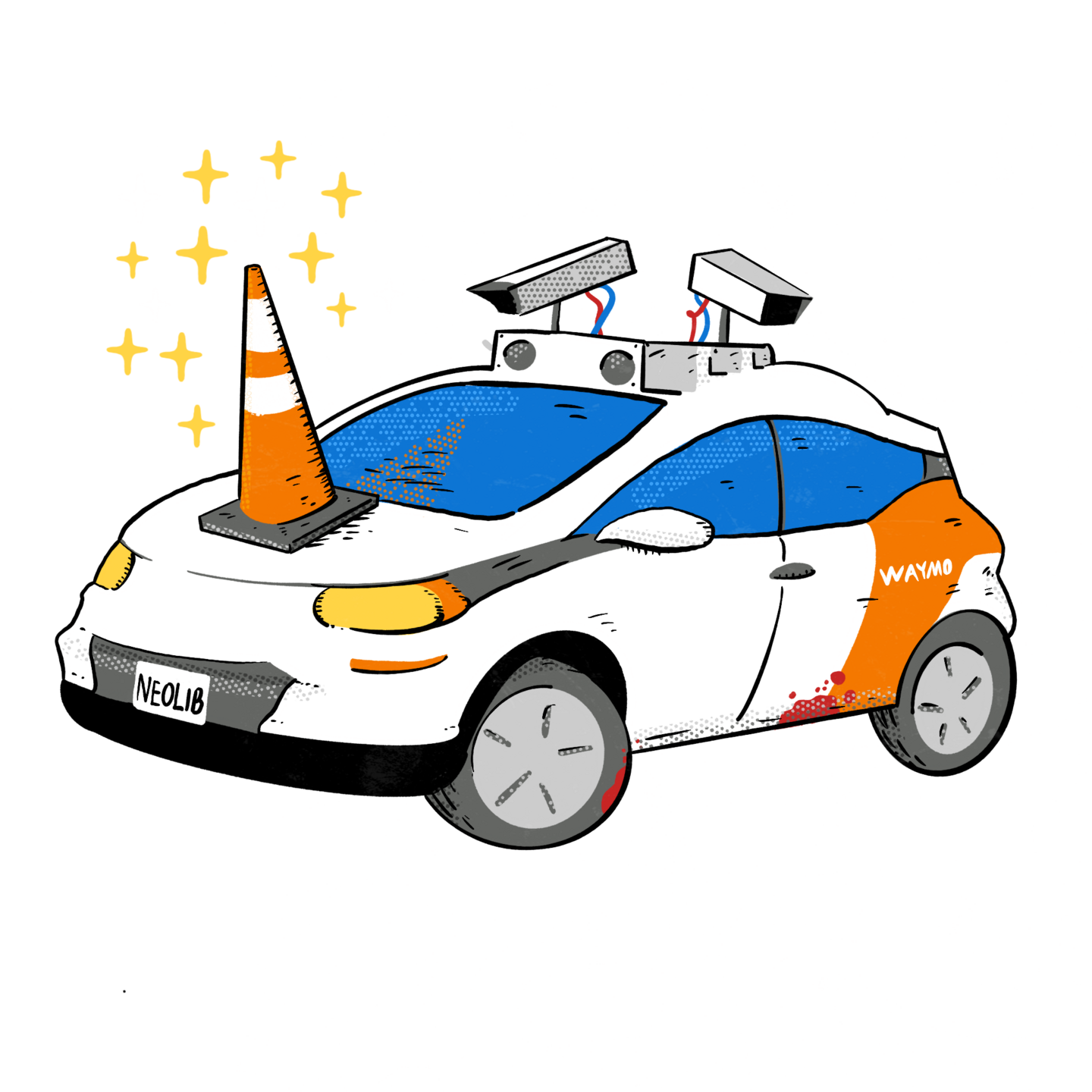TechCrunch – OpenAI-backed Ghost Autonomy shuts down
Editors note: the short story is that an autonomous vehicle company you never heard of raised $220 million, hyped dubious AI tech, and then went bust. Just pathetic.
See full original article by Kirsten Korosec at TechCrunch
Ghost Autonomy, a startup working on autonomous driving software for automaker partners, has shut down, TechCrunch has learned.
The startup, which had raised nearly $220 million, posted a note on its website that it ended worldwide operations and wound down the company as of Wednesday. The company employed about 100 people and had operations in Mountain View, Dallas and Sydney.
“We are proud of the substantial technical innovations and progress the Ghost team made on its mission to deliver software-defined consumer autonomy,” the note on its website reads. “The path to long-term profitability was uncertain given the current funding climate and long-term investment required for autonomy development and commercialization. We are exploring potential long-term destinations for our team’s innovations.”
The shutdown comes just five months since the startup partnered with OpenAI through the OpenAI Startup Fund to gain early access to OpenAI systems and Azure resources from Microsoft. Ghost also received a $5 million investment from OpenAI. It most recently closed a $55 million down round last year that included early investors Keith Rabois at Founders Fund and Mike Speiser at Sutter Hill Ventures.
At the time, Ghost co-founder and CEO John Hayes touted the company’s plans to explore the applications of multimodal large language models (LLMs) — AI models that can understand text as well as images — in self-driving. He argued that LLMs offered a new way to understand “the long tail,” adding reasoning to complex scenes where current models fall short. Experts were skeptical of the approach.
Like so many startups trying to commercialize autonomous vehicle technology, Ghost has shifted its approach over the years. The startup, originally called Ghost Locomotion, was founded in 2017. The company made its public debut two years later with $63.7 million in total investment from Rabois of Founders Fund, Vinod Khosla at Khosla Ventures and Speiser at Sutter Hill Ventures, among others, and a plan to develop a kit that would allow privately owned passenger vehicles to drive autonomously on highways. The company said it would deliver that tech in 2020.
After that deadline came and went, Ghost raised another $100 million in 2021 with an altered plan to focus on crash prevention tech. The Series D funding round was led by Sutter Hill Ventures and the inclusion of Founders Fund and Coatue. Hayes told TechCrunch back in 2021 that the startup hadn’t completely closed the door on the consumer kit model but had turned its attention to universal collision avoidance technology in an effort to get to market faster.
His premise was that an autonomous driving system didn’t need to recognize and categorize objects prior to avoiding them. The company was instead tracking the movement of clusters of pixels in a scene. Most other autonomous systems begin by identifying an object and then use image localization to determine its size, distance and other relevant features. That strategy is used because different objects — even those of the same size — can behave differently.
Hayes, who was reached Wednesday via email, said the company had completed a highway driving product and was moving in urban environments through what he described as “last-mile delivery.”
“Ultimately, the years required to bring the product to market could not be financed,” he wrote.
See full original article by Kirsten Korosec at TechCrunch
